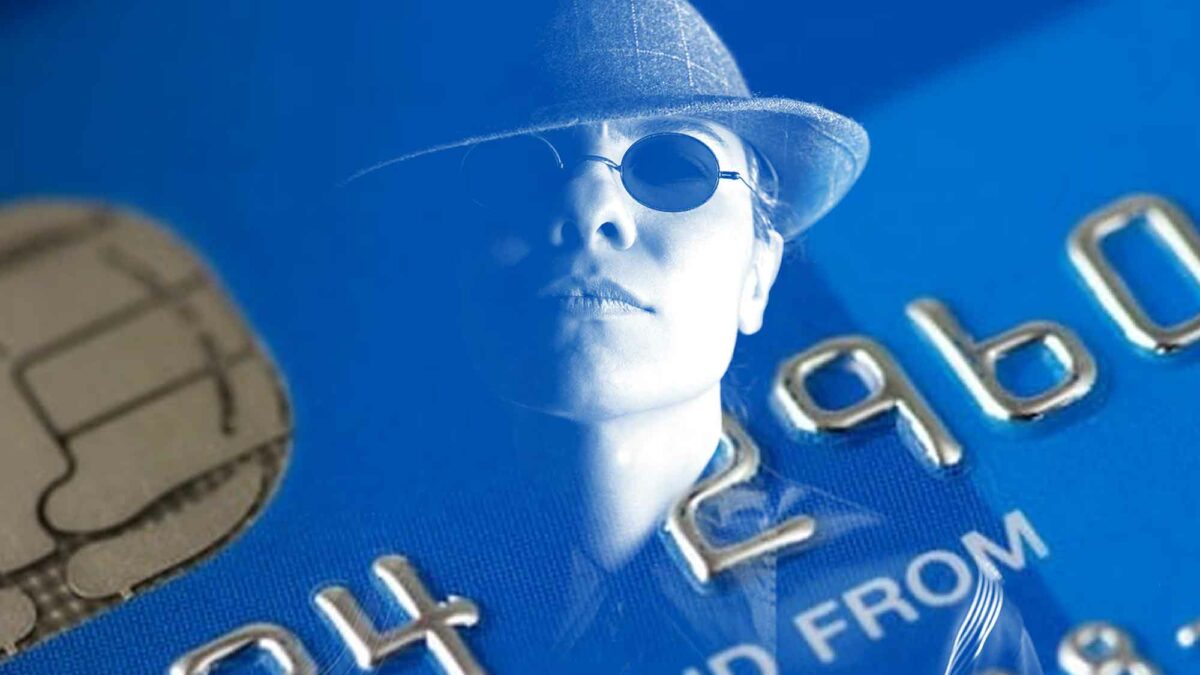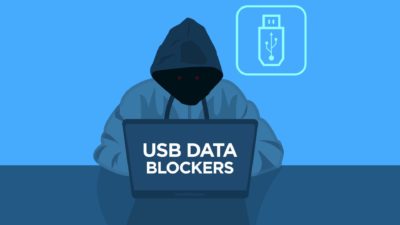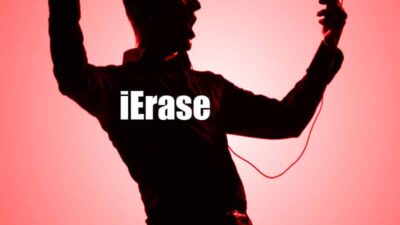If you ever get a phone call about a charge on your credit card, then hang up and call the credit card company back directly. This credit card scam is pretty slick since they provide YOU with all the information — except the one piece they want, your 3-digit security code. Why don’t the scammers ask you for your credit card number? Because they already have it! Here’s how this credit card scam confidence trick works.
The Script From A Typical Credit Card Scam
Details will vary from scammer to scammer, but the basic premise is to provide you with just enough info that you think it’s a real call and make you feel enough trust for you to disclose some personal information. It’s a credit card scam version of a classic confidence trick. Here’s the basic script that they will use and the stages of their confidence trick.
Foundation Work
Before you talk to a credit card scammer on the phone, know that they’ve already done a lot of research and foundation work. They’ve probably built a profile for you using public, social media, and hacked records that include your name, address, family members, phone number, and even financial information.
- Public records sites like FastPeopleSearch have your current address, past addresses, phone numbers, and relatives.
- Your Facebook profile is a gold mine of personal info that can be used to pass security questions like your birthday, name of schools you have attended, friends, pets, and relatives. Also, if you’ve posted photos from a recent trip, then scammers can use that travel info as part of their scam.
- Data breaches on the dark web will have your social security number, credit card numbers, email addresses, and passwords.
The Approach
The credit card scammer calling you will open with a prepared script similar to this:
This is (name), and I’m calling from the Security and Fraud Department at VISA.
My Badge number is ________. Your card has been flagged for an unusual purchase pattern, and I’m calling to verify. This would be on your VISA card which was issued by (name of bank). Did you purchase a _______ for $____ from _______?
The Build-Up
When you say ‘No’, the caller continues with a way for you to make (save) money.
Then we will be issuing a credit to your account. This is a company we have been watching and the charges range from $295 to $495, just under the $500 purchase pattern that flags most cards. Before your next statement, the credit will be sent to (gives you your address), is that correct?
You say ‘yes’. The credit card scammer continues:
I will be starting a Fraud Investigation. If you have any questions, you should call the 1-800 number listed on the back of your card (1-800-VISA) and ask for Security. You will need to refer to this Control Number ________. Do you need me to read it again?
The Convincer
Here’s the IMPORTANT part on how this credit card scam works. The caller then says:
I need to verify you are in possession of your card. Does your credit card number start with _____?
They already know your credit card number. Normally that is the piece of information that you’d be worried about. So when they reveal that they know it already, then you immediately start to trust them.
The Hurrah
They’ll then ask you to ‘turn your card over and look for some numbers.’ Specifically, they want you to give them the 3 digit security numbers next to the signature strip to verify that you are the possessor of the card. These are the numbers you sometimes use to make Internet purchases to prove that you have the card.
Can you please read the 3 digit security number on the back of your card? I can’t process the credit refund and start the Fraud Investigation without that number. If we don’t take care of this now, then it might take weeks or months for the credit to show up on your account.
The urgency for the 3 digit security code is a manufactured crisis. It’s all part of the con. After you tell the caller the 3 numbers, they’ll say:
That is correct, I just needed to verify that the card has not been lost or stolen and that you still have your card. Do you have any other questions?’
After you say no, the credit card scammer then thanks you and says, ‘Don’t hesitate to call back if you do,’ and then they hang up and start making purchases using your credit card.
What The Credit Card Scammer Really Wants
During this particular credit card scam, you actually say very little. They already have all of the answers. What the credit card scammer really wants is the 3-digit PIN number on the back of your card. Don’t give it to them. Instead, tell them you’ll call VISA or Master Card directly for verification of their conversation.
We called VISA and they told us that no one from the credit card company will never ask for anything on the card. They already know all the information since they issued the card!
If you give the scammer your 3 digit PIN number, then you’ll think that you’re receiving a credit. But by the time you get your credit card statement, you’ll see charges for purchases you didn’t make, and by then it’s almost too late and/or more difficult to actually file a fraud report.
How To Protect Yourself From A Credit Card Scam

If you ever receive a call from a credit card scammer, just hang up. That’s the easiest way to protect yourself. Every second that you spend on the phone with them is an opportunity for them to social engineer information out of you.
After you hang up on the credit card scammer, call your credit card company ASAP and alert them that someone is trying to hack your account. Your credit card company may suggest that you file a police report.
How A Credit Card Scam Works: Unraveling The 5 Stages Of This Confidence Trick ... #CreditCardScam #CreditCardScams #Scammers #CreditCardScammers #ConfidenceTrick Share on XRelated Articles:
- How To Protect Yourself From Spam Emails and Scam Artists
- Upcycle Old Credit Cards Into Collar Stays With the Pick Punch Collar Stay Punch
- StP-II Test Can Predict How Likely You Are to Fall for An Internet Scam
- This is What Happens When You Reply to Spam Email

Frank Wilson is a retired teacher with over 30 years of combined experience in the education, small business technology, and real estate business. He now blogs as a hobby and spends most days tinkering with old computers. Wilson is passionate about tech, enjoys fishing, and loves drinking beer.























 Netflix Docuseries ‘Challenger: The Final Flight’ Reexamines The Tragic 1986 Challenger Disaster
Netflix Docuseries ‘Challenger: The Final Flight’ Reexamines The Tragic 1986 Challenger Disaster
Leave a Reply
You must be logged in to post a comment.